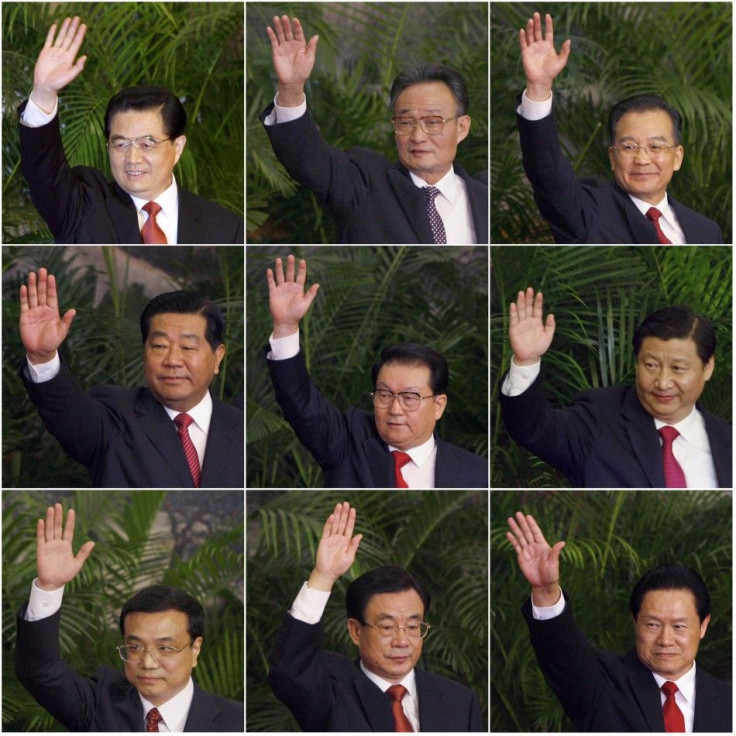China May Delay Selection Of Future Leaders

The top echelons of the Communist Party of China may be discussing a delay of a key congress later this year that would determine who will replace the nation's top nine leaders.
The 18th National Party Congress, composed of more than 2,200 delegates who will formally select China's next leaders, was originally expected to meet in September and October, but may now be delayed to November and January, according to anonymous sources cited by Reuters.
Although the replacements for President Hu Jintao and Premier Wen Jiabao are still widely expected to be current Vice President Xi Jinping and Vice Premier Li Keqiang, respectively, it remains a matter of speculation who will fill the other seven spots on the national ruling council of the Politburo Standing Committee.
The uncertainty and opaqueness of that process, along with recent political scandals, are leading observers in China and abroad to become increasingly concerned about stability in the world's most populous country.
The Politburo Standing Committee is composed of nine top party members, drawn from the group of 25 members of the Politburo, which includes China's top party, government and military leaders.
Whether the Politburo Standing Committee will still have only nine members is in doubt as well. Since the creation of the People's Republic of China in 1949, the Politburo Standing Committee has varied in size, from five to seven members to the present number of nine.
According to some analysts it is not unlikely that the committee could grow again, to accommodate the expanding number of competitors for the top spots and thereby alleviate tensions.
That may be one cause for the current delay. Another reason may also be that leaders now want the leadership selection to occur closer to the actual transition date: The new leaders will take their posts in March of 2013.
But the prolonged timeframe may also be due to greater disagreements and political infighting among party leaders themselves.
Bo Xilai, the recently disgraced former party chairman of the municipal area of Chongqing, used to sit on the Politburo. Before his dismissal from the Chongqing post in late March and from the Politburo in early April, Western analysts of Chinese politics widely expected him to have been a major contender.
Cheng Li, director of research of the Brookings Institution's John L. Thornton China Center, wrote previously in the Washington Quarterly that as recently as the latter half of 2011 five of the nine current PSC members have visited Chongqing to endorse Bo's campaign.
The fact that current PSC hopefuls share different political and economic values, carry different political backgrounds, champion different development paths and affiliate with different party factions is also an indication that their competition has larger implications for the future of China. Who will be chosen and who will be left out is expected to be an indication of what major political and economic reforms the country will carry out in the next decade.
And as the country's economic development increasingly becomes tied to the rest of the world, those decisions are likely to have a powerful impact beyond China's borders.
© Copyright IBTimes 2024. All rights reserved.





















